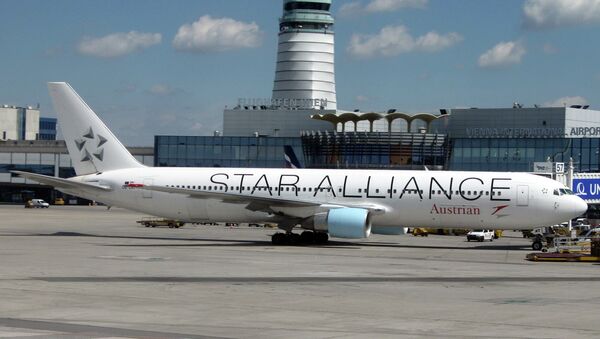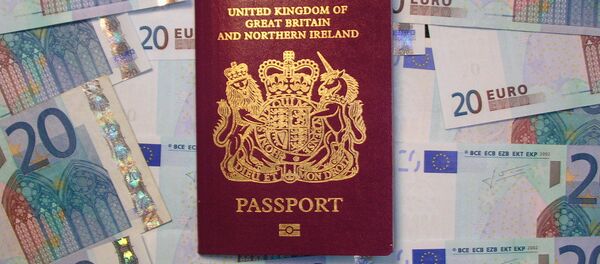"We have three passengers being affected who came from Iran and want to fly to the US and since Saturday they have been in the transit area at the airport in Vienna. They are still waiting for the green light from the [US] Homeland Security to be allowed to travel to the US," Peter Their said.
On Friday, US President Donald Trump signed an executive order to suspend the entry for citizens from Iran, Iraq, Libya, Somalia, Sudan, Syria and Yemen for 90 days.
"We are sorry for the whole thing but we hope that diplomatic efforts behind the scenes will work and help these three passengers enter the US very soon," the spokesman added.
A spokeswoman for another major European airline — Dutch flagship air-carrier KLM — admitted on Monday that the company also had to refuse several passengers on board the flight bound for the United States.
"Unfortunately, we had to inform seven passengers on Saturday that they could not board to the flight to the US. KLM has rebooked these persons to the other flights back home," she told Sputnik.
The spokeswoman added that rules have been written "not too clear yet" and it was uncertain if the new requirements would affect people with the dual citizenship.
On Sunday, the German and Dutch foreign ministers Sigmar Gabriel and Bert Koenders issued a joint statement on Sunday, announcing that Berlin and the Hague both asked their embassies in Washington to find out the possible consequences of Trump’s entry ban for dual nationals, including EU citizens holding passport of one of the seven blacklisted countries.
Never miss a story again — sign up to our Telegram channel and we'll keep you up to speed!



